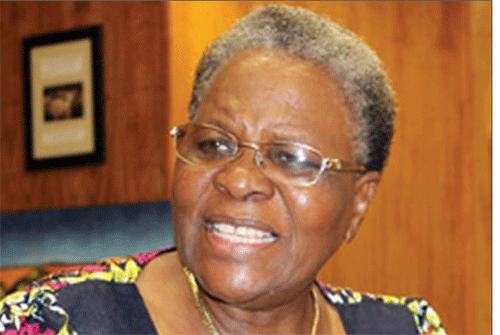Deputy Prime Minister and Minister of International Relations and Cooperation Netumbo Nandi-Ndaitwah has said it has become costly to combat malaria, hence the need for regional collaboration to eliminate the disease in Namibia and neighbouring countries.
Speaking here on Wednesday at the opening of the Southern African Development Community’s (SADC) E8 high-level meeting in Windhoek to revive the fight against malaria in the region, Nandi-Ndaitwah, emphasised the continued burden of malaria on healthcare systems, and its devastating impact on the population.
Elimination-8 (E8) is a coalition of eight countries in southern Africa which collaborate to eliminate malaria, which is endemic in Namibia and other SADC countries, except Lesotho. “The good news is that malaria is preventable and treatable. Equally important are the tools with which to prevent and manage it. That is why this disease has been eliminated in some places. I understand that here in southern Africa, at one point we were on the verge of eliminating it. Sadly, it is regaining its foothold, and reaching areas and populations that were free from it at one point,” she added.
A strong, sustained regional response to malaria is a means to building stronger, more equitable and resilient health systems, and one key lever for lifting people out of poverty.
“As we may know, to a certain extent, malaria is linked to poverty. Let us engage our communities directly as a means of developing and maintaining relationships which enable stakeholders to work together to address issues and promote the well-being of our people,” she urged.
The deputy prime minister noted that eliminating malaria from SADC through Elimination-8 will greatly contribute to member states boasting healthier and more resilient populations by fostering relationships of trust between stakeholders to promote health, minimise risks and mitigate the consequences of public health events.
“As member states, we must not place the burden of cross-border work on donors alone. It is our war, and therefore, we must not only be seen to talk about it, but we must contribute in a meaningful way to demonstrate ownership. Other players, such as the private sector, with a regional outlook, should also come to the table,” she continued. – Nampa



